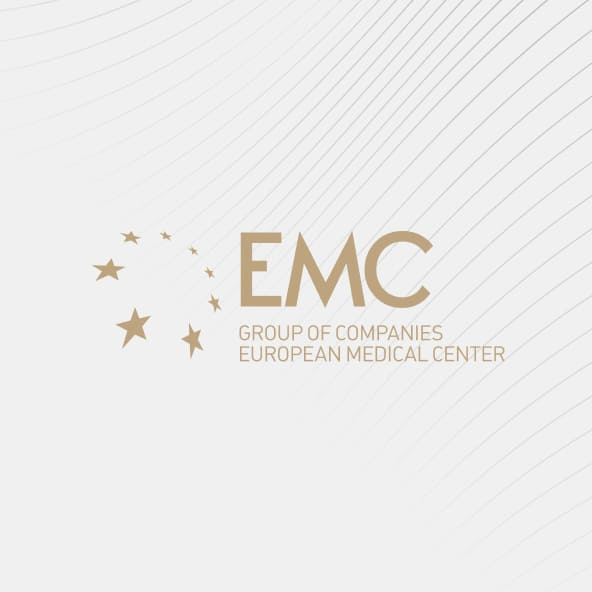Transvaginal ovarian puncture
The transvaginal ovarian puncture procedure is a key step in the IVF program, which allows obtaining eggs for subsequent fertilization. Thanks to this method, many couples who are faced with the problem of infertility can become parents.
Follicle puncture
Transvaginal ovarian follicle puncture (TVP) is a procedure in which eggs (oocytes) are extracted from follicles under intravenous anesthesia and ultrasound control. This is one of the most important stages of the in vitro fertilization (IVF) program.
This procedure may be necessary in cases where natural conception is impossible due to various pathologies on the part of both the woman and her partner.
There may be many reasons why pregnancy does not occur: obstruction of the fallopian tubes, uterine pathologies, hormonal disorders in women, a small number of spermatozoa, their low mobility and defects in their structure in men, incompatibility of partners and even their psychological state. A detailed program of examinations to identify all health disorders is being worked out specifically for the couple.
Using transvaginal follicle puncture (TVP), specialists can obtain several eggs in one procedure. This significantly increases the chances of successful fertilization and implantation of the embryo into the uterine cavity.
Indications and contraindications
An indication for ovarian puncture is the collection of oocytes from follicles in a stimulated or natural cycle. Also, women who are not planning pregnancy at this point in time have the opportunity to cryopreserve (freeze) their biomaterial for future pregnancy. In addition, vitrification of oocytes, that is, egg freezing, is actively used before the treatment of oncological diseases to prevent the effects of aggressive chemicals on germ cells.
Contraindications to transvaginal follicle puncture are as follows:
-
acute infectious diseases
-
exacerbation of infectious and inflammatory diseases of the pelvic organs
-
purulent or necrotic changes in surrounding tissues
-
blood clotting disorder
Absolute contraindications are determined at the stage of preparation for the IVF protocol. All others can be considered relative. If they are present, the patient is prescribed treatment to eliminate all obstacles to the procedure. The collection of follicles will be postponed to the next cycle. The final decision on the possibility of a puncture is made by the doctor after a full examination and assessment of the patient's health status.
Preparation for the procedure
Transvaginal follicle puncture is an important stage in the IVF program, therefore it is necessary to follow all prescriptions of the attending physician accurately. The preparation includes the following steps:
- Medical examination. The doctor conducts a full clinical and laboratory examination to make sure that there are no contraindications to the procedure.
- Hormonal stimulation. Hormonal preparations for subcutaneous administration are prescribed for the purpose of maturation and growth of follicles. For about 10 days, the patient injects the prescribed dose of the drug subcutaneously into the abdomen under dynamic ultrasound control. Upon reaching a certain size of the follicles, an oocyte collection day is planned, i.e. the day of TVP.
- Discontinuation of food and liquid intake. Since the operation is performed under general anesthesia, the patient is usually advised not to eat or drink for 6-8 hours before the procedure.
During the entire preparatory stage, it is recommended to lead a healthy lifestyle: eat right, get enough sleep, reduce the number of stress factors, eliminate alcohol and nicotine. A few days before the intended puncture, it is necessary to limit sexual intercourse, to refuse to visit the bath and sauna. It is important to follow all the doctor's recommendations and be sure to report any changes in your health status before the procedure.
How does a transvaginal puncture work
Ovarian puncture is performed in a hospital setting and takes about 15-30 minutes. Usually, the manipulations are performed under general anesthesia. Despite the fact that the operation is considered minimally invasive, anesthesia reduces the patient's discomfort and makes it easier for the specialist to work. If a woman has contraindications to anesthesia, the procedure can be performed without anesthesia.
The procedure is performed in an operating room. Under ultrasound control, a special thin needle is punctured into each follicle, after which the aspirated follicular fluid is given to an embryological laboratory for evaluation. Then, under special conditions, oocytes are isolated from the follicular fluid. Subsequently, the cells are fertilized with spermatozoa. And the resulting embryos are cultured in a special medium for 5-6 days, after which they are either transferred to the uterine cavity or cryopreserved. If necessary, for example, in the presence of a genetic pathology in one of the parents, or in the late reproductive age of a woman, it is possible to conduct a genetic study of the resulting embryos.
After completing the TVP, the woman stays in the hospital for about two hours under observation, after which she goes home.
Postoperative period and recovery
Recovery after the procedure is fast. Most women return to their usual activities the very next day. Doctors recommend avoiding intense physical activity for the first week, and not visiting baths and saunas. Depending on future plans (embryo transfer into the uterine cavity or prevention of ovarian hyperstimulation syndrome), the patient may be prescribed certain hormonal medications.
Some women may experience discomfort, bloating, or pulling pains in the lower abdomen. These symptoms usually go away within a few days. In case of an increase in such symptoms, you should immediately contact your doctor in order to diagnose and determine further management tactics.
Transvaginal follicle puncture at the EMC clinic
The doctors of the EMC Clinic for Reproductive and Prenatal Medicine treat all forms of infertility. Modern equipment, our own laboratory and the professional experience of our specialists allow us to work with even the most complex cases and combined pathologies. Here are the benefits of treatment at the EMC clinic:
-
Our specialists are members of organizations such as the Russian Association of Human Reproduction, the European Society of Human Reproduction and Embryology, and the Russian Society of Medical Geneticists. Most of the doctors have international experience.
-
Work on ovarian stimulation and embryo transfer protocols that meet the standards of the USA and Western Europe.
-
It has its own embryological laboratory, as well as a cryobank in which donor sperm, oocytes and embryos are stored.
Doctors at the Clinic of Reproduction and Prenatal Medicine conduct a full examination of patients to identify the cause of infertility and choose the optimal treatment strategy. Each patient is led by a team of specialists: a gynecologist, a urologist, a reproductologist, an embryologist, and a surgeon. If necessary, we involve doctors of other specializations. A multidisciplinary approach helps us achieve success even in the most difficult cases.
Make an appointment at the EMC clinic to learn more about how we can help. Our professional team will do everything for a successful treatment and will support you on your way to motherhood.
Question-answer
What happens after an ovarian puncture?
The next stage after the puncture is fertilization of the obtained oocytes in the laboratory according to the classical scheme or using ICSI / IMSI/PIXIES. Then the transfer of the embryos into the uterine cavity or their cryopreservation is performed.
How long do I need to lie down after TVP?
It is recommended to spend 1.5-2 hours at rest. At this time, the woman is in the clinic under the supervision of doctors.
What can not be done after the procedure?
After an ovarian puncture, it is recommended to limit physical activity, as well as avoid hot baths, saunas and baths.
How many days does your stomach hurt after TVP?
Mild pulling pain can last from several hours to several days, it depends on the individual characteristics of the body.
Why drink a lot of water after the procedure?
Drinking plenty of water is recommended to prevent ovarian hyperstimulation syndrome.
How do the ovaries recover after oocyte extraction?
The operation is not traumatic, so the ovaries will recover on their own. Nothing needs to be done for this.
Is it possible to drink coffee after TVP?
If there were no contraindications for coffee before, you can continue to drink it in moderation.
When will the stomach deflate after TVOR?
Bloating goes away within a few days, but it depends on the individual characteristics of the body. It is recommended to drink plenty of water and a protein diet with the exception of gas-forming foods.
Doctors
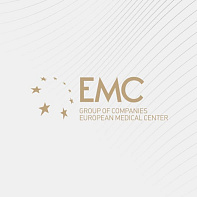
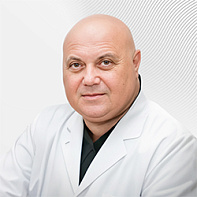
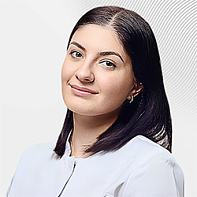
.jpg)
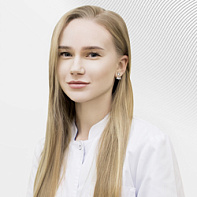
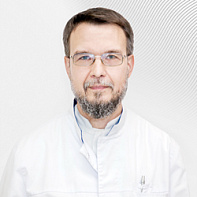
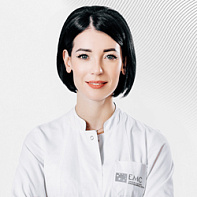
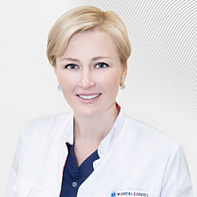
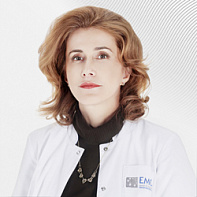
.jpg)
.jpg)
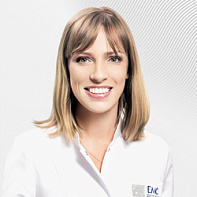
- Head of the Surgical Department of the Meir Medical Center, Kfar Saba
